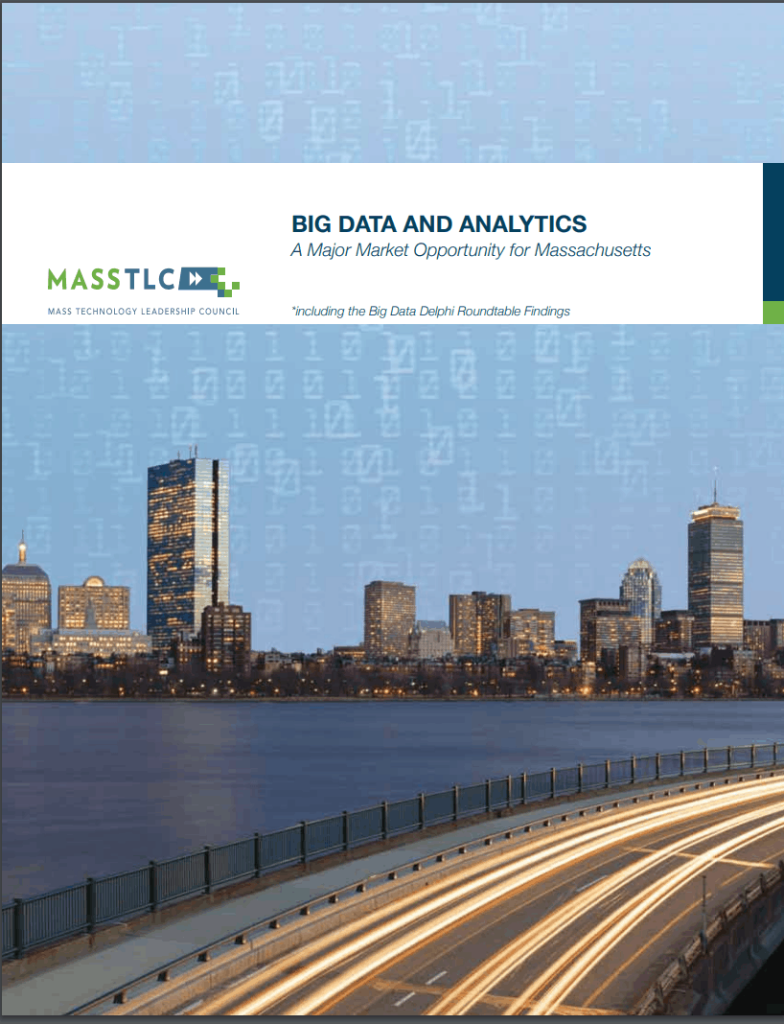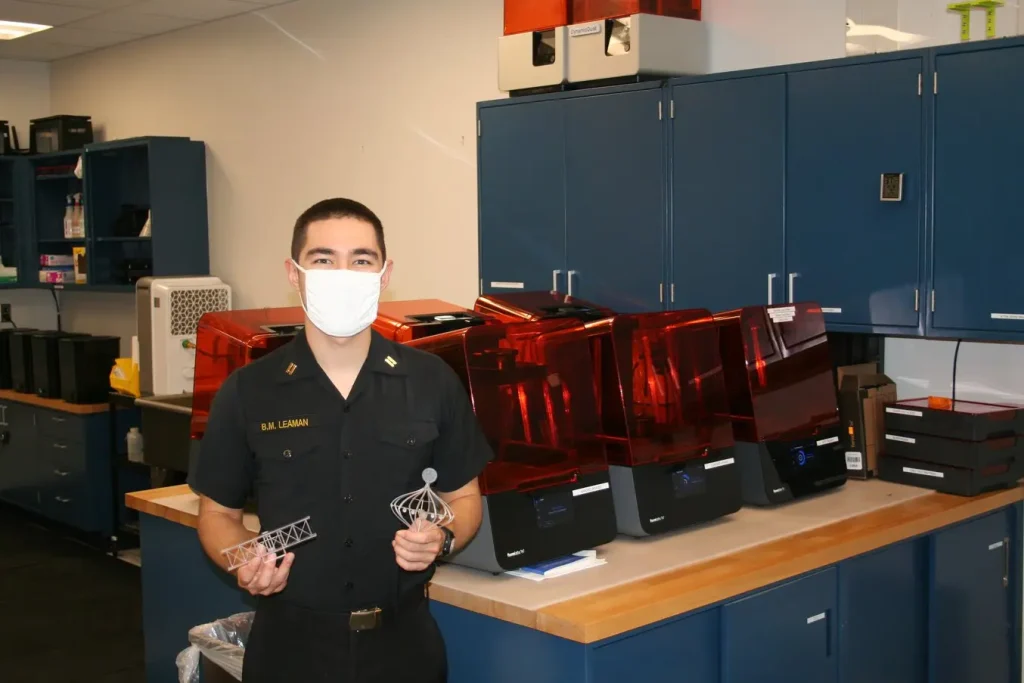The “Big Data” era has begun. Investors, technology entrepreneurs, giant companies of the technology industry, and the media and consulting sectors have seized upon the enormous Big Data opportunity.
It’s not hype. We are drowning in digital data. As individuals, we use and generate data with our smart phones, GPS devices, laptops, Facebook, and Twitter, just to name a few examples. Machines are in on the act as well: Internet-enabled instrumentation and sensors capture huge and rapidly growing volumes of data. Retailers and consumer product companies analyze our Web sur ng and our purchases to create better products, services, and customer experiences.
So where is the business opportunity? Businesses embrace Big Data to know more about their customers, sooner, generating large and rapid returns on their Big Data investments. Hospitals can deliver effective, personalized medicine to patients. Governments can mine enormous data resources to more effectively serve constituents. Energy companies can bring more renewable energy on-line using a highly instrumented smart grid, smart meters at the home, and increasingly accurate weather forecasts. Drug researchers use vast genomics databases to discover the next generation of cancer treatments. Big Data is already an important part of the $64 billion database and data analytics market1 and offers commercial opportunities of a comparable scale to enterprise software in the late 1980s, the Internet boom of the 1990s, and the social media explosion of today.
Massachusetts is a world leader in Big Data. Boston-area entrepreneurs have launched dozens of database and analytical technology startups over the last decade (some of which have sold recently for more than $1 billion). The Massachusetts Technology Leadership Council (MassTLC) has identi ed nearly 100 companies in the Boston area currently engaged in Big Data technologies, plus some 20 startups still in stealth mode. Altogether, MassTLC estimates these Big Data vendors currently employ about 12,000 people in Massachusetts. Looking forward, the jobs will come not only from vendors but also from the end-user community. MassTLC estimates that there are currently an additional 58,000 people employed as data scientists and data-savvy managers in industries such as healthcare, nancial services, life sciences, consumer products, and on-line media. Growth in both areas could add 50,000 jobs and bring the state total to as many as 120,000 Big Data jobs by 2018.
Massachusetts bene ts from its “Data DNA.” This Data DNA encompasses decades of accumulated technical and managerial expertise in predecessor companies that created database, infrastructure, and application software, as well as communications and storage technologies. Today, MassTLC believes the fundamental elements are present in the local ecosystem to make Big Data the next major technology cluster in the state. Indeed, the essential elements of a vibrant cluster are here: we have technology expertise and entrepreneurial zeal in our nearly 100 companies, an experienced and active venture community, extensive and respected university research in both information technology and business, a deep well of management talent, and a driven yet collaborative culture supported, in part, by our industry networking associations. Equally important is the participation of our leading rms and institutions in such sectors as biotech, life sciences, healthcare, and nancial services, all of which have pressing needs to incorporate big data and analytics into their operations.
Download the report here.



